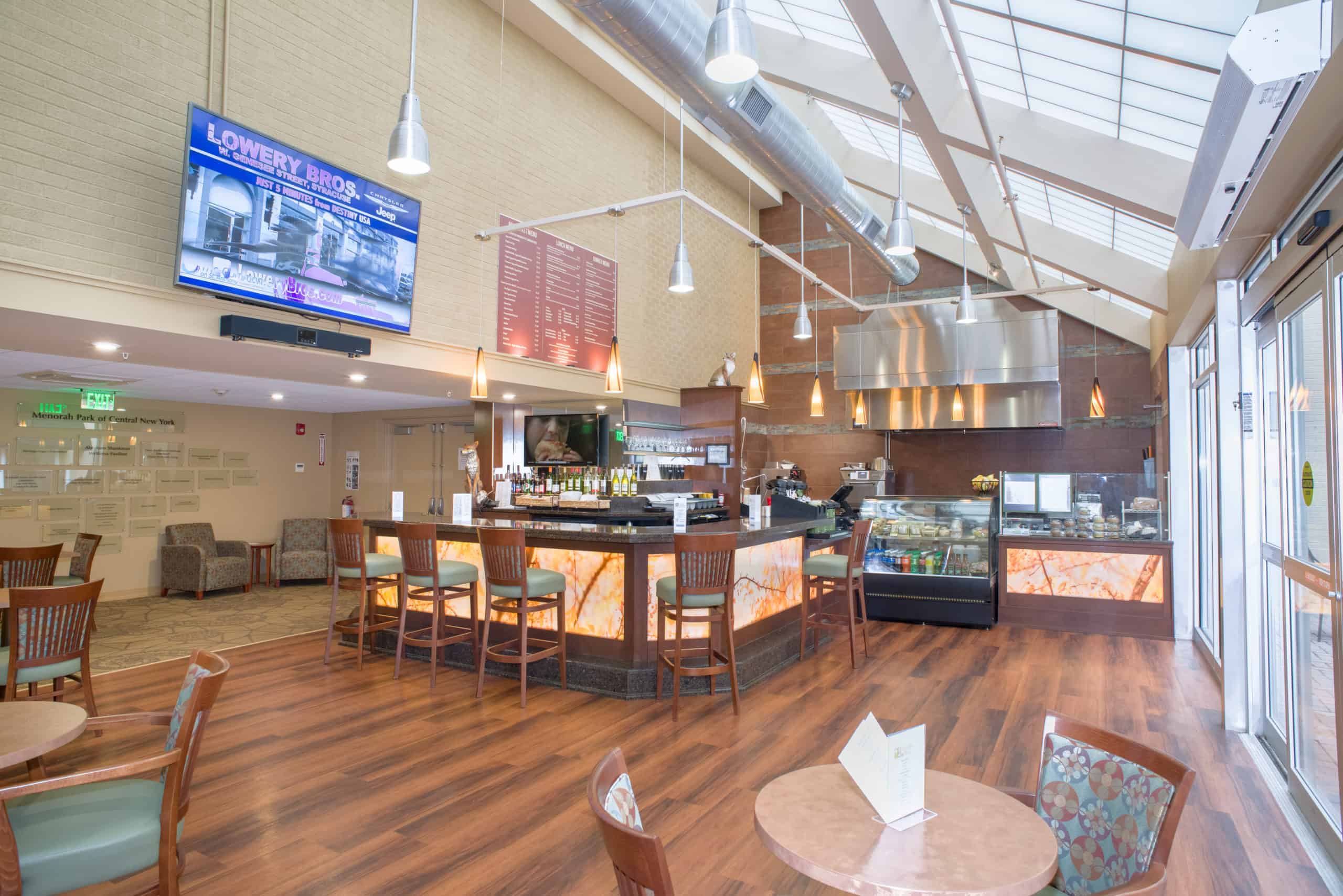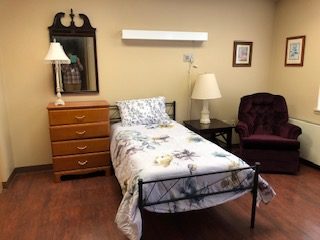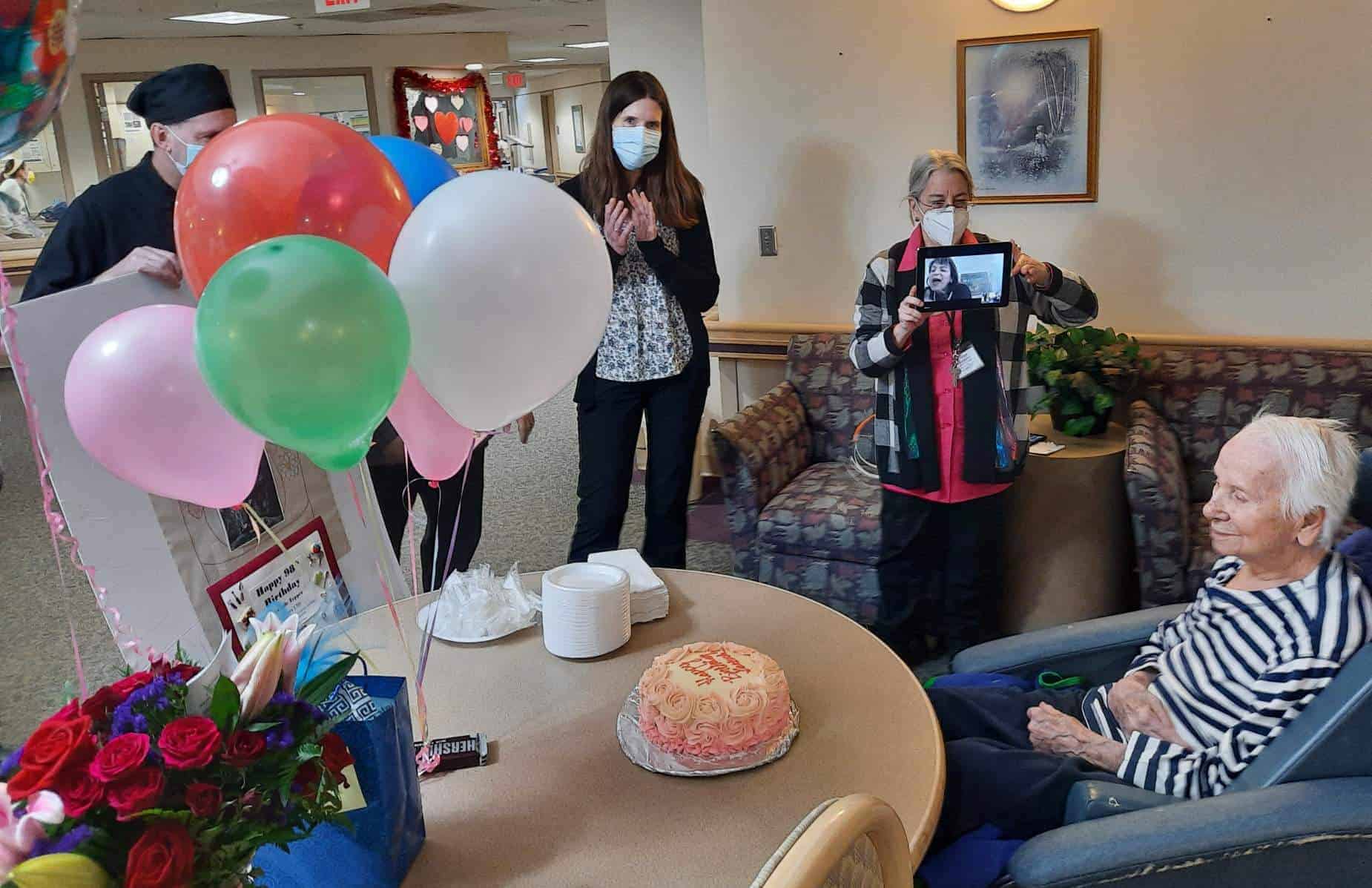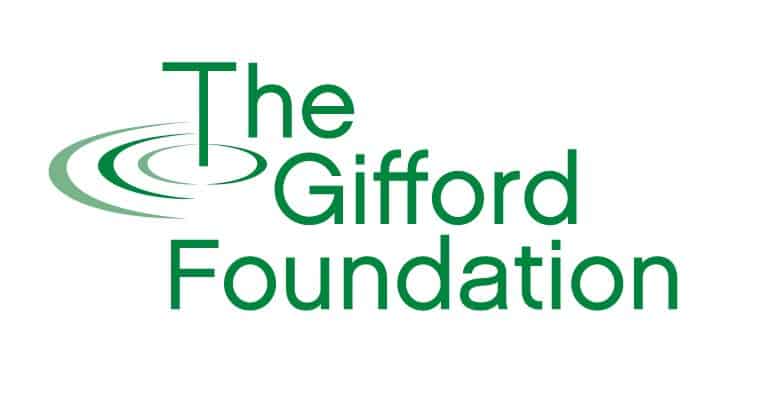Emergency Shelter Care for Seniors with Dementia
A new space at Menorah Park is designed to provide a safe haven for seniors with dementia or Alzheimer’s disease and guide them to a more supportive living situation. Opening soon, it will be the first of its kind in CNY.
Published May 11th, 2021
One out of every ten Americans living at home over the age of 60 will experience elder abuse, according to the CDC. This can take many forms, ranging from neglect and financial exploitation to physical and emotional abuse. Particularly vulnerable are those senior citizens who are suffering from dementia or Alzheimer’s disease. In an effort to provide a pathway to better care and a safer environment, Menorah Park has built a special dementia shelter in their facility designed to provide short term respite to seniors. Now that construction has finished and COVID cases are on the decline, Menorah Park is preparing to open the doors to what will be the first-of-its-kind dementia shelter in Syracuse.

Menorah Park has a history of working with people with Dementia and Alzheimer’s disease. The above pictured dining area is open to residents and visitors, though the pandemic has restricted guest access.
Menorah Park was founded in 1912 and, together with their affiliate program Syracuse Jewish Family Service, cares for roughly 850 people. The older people who live there range from those who need full time nursing care to those who live independently but are helped by the extra support that the campus offers. Through a series of community dialogue initiatives, Menorah Park became aware that many seniors with dementia and Alzheimer’s in CNY as well as their caregivers were facing a crisis.
“Not everyone with dementia needs to be in a skilled nursing facility,” says CEO Mary Ellen Bloodgood, “but the family caregiver isn’t always the best partner.” She explains that financial exploitation, neglect, burnout, abuse, other issues can come up. “This shelter helps get that senior out of that situation,” says Bloodgood. “Domestic abuse shelters are not set up to deal with the needs of the elderly, but we are.” Across the board, support is often more difficult to find for dementia and Alzheimer’s compared to other illnesses.
Supported by a grant from The Gifford Foundation along with other funders, the new shelter was constructed and designed to feel and look more like a normal residence rather than a hospital room. Although they did a soft opening in August of 2020, they delayed bringing patients in until COVID had been brought under more control. In the interim, they focused on outreach work which generally includes managing a person’s care while they stay at home. “The four apartments are meant to be independent with some home care services. They might have four or five hours of home care per day plus case management, meals, and the lounge area for them to spend time in.” Patients who do require a more intensive level of care are moved to the skilled nursing unit.
Four apartments may seem limited, but patients are only expected to stay there for roughly 30 days or less. A case manager will immediately begin assessing their home situation, resources, and benefits eligibility. If achievable changes can be made to improve their home life, Menorah Park will work with the individual and their family to make that happen. If it is determined that the home is not a suitable environment, they will explore other more permanent facilities where the patient can be moved to depending on their level of need. Even if the person has no financial resources to speak of, the case manager will help with benefits enrollment and investigate other forms of support like veterans’ benefits, etc. Mary Ellen Bloodgood emphasizes that people should not be scared off by the short timeframe that they offer: “Obviously on day 31 we aren’t going to say goodbye until we find a safe place for them to go.”

Supported by a grant from The Gifford Foundation along with other funders, the new shelter was constructed and designed to feel and look more like a normal residence rather than a hospital room.
The new dementia shelter is only one part of Menorah Park’s overall dementia services. Roughly one out of every three beds in their nursing facility is dedicated to dementia care. This also provides an important backup to shelter patients who may end up requiring more support than the shelter can provide. “If someone needs skilled care, we will put them into our skilled nursing unit to receive that and then look for a funding source later,” says Bloodgood. “All staff are specially trained to take care of patients with dementia.”
A major component of Menorah Park’s mission also involves extending outreach and support to caregivers. “One of our goals is to let people self-identify: make it ok for a senior or caregiver to say, ‘I can’t do this anymore – I need help.’” She explains that many people don’t want to talk about elder abuse, they don’t want to accept that they are going through this. But if a situation is left unaddressed and continues to deteriorate, it can easily cross the line into abuse. Part of the goal of this dementia program is to intervene before it reaches this level, while also offering a safe space for seniors who are already facing an abusive situation at home.

Staff at Menorah Park celebrate a resident’s 90th birthday, along with family members brought in via streaming.
Finally, Bloodgood likes to extend the reminder that although Menorah Park is a Jewish home – you do not have to be Jewish to be accepted into their care. “Our mission is to take care of everyone,” she says. “We are 50% Jewish and 50% non-Jewish.” The food served is entirely kosher, however the facility has priests as well as rabbis on staff.
There is a general sense of excitement as the new dementia shelter apartments are prepared to accept their first visitors. “Now that people are getting vaccinated, we can start to bring them in,” says Bloodgood, who has worked at Menorah Park for more than three decades. Despite such a long history with the facility, the COVID pandemic and the opening of the dementia shelters have each been unprecedented experiences. “After 36 years, something new and different happens all the time.”
Subscribe to the Gifford Newsletter
Start enjoying our free quarterly publication today.


